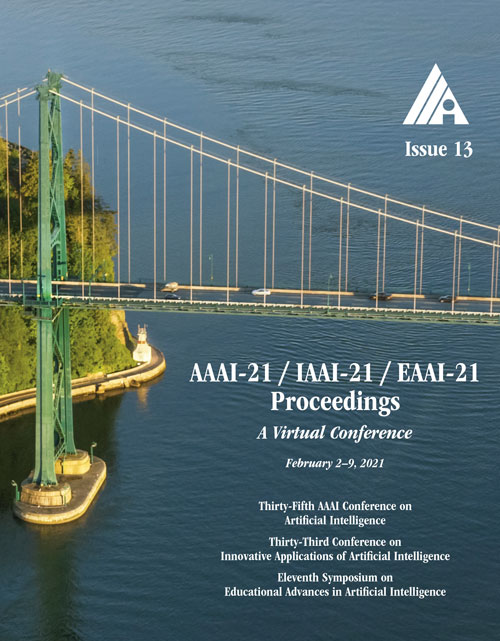A Generative Adversarial Framework for Bounding Confounded Causal Effects
DOI:
https://doi.org/10.1609/aaai.v35i13.17437Keywords:
CausalityAbstract
Causal inference from observational data is receiving wide applications in many fields. However, unidentifiable situations, where causal effects cannot be uniquely computed from observational data, pose critical barriers to applying causal inference to complicated real applications. In this paper, we develop a bounding method for estimating the average causal effect (ACE) under unidentifiable situations due to hidden confounding based on Pearl's structural causal model. We propose to parameterize the unknown exogenous random variables and structural equations of a causal model using neural networks and implicit generative models. Then, using an adversarial learning framework, we search the parameter space to explicitly traverse causal models that agree with the given observational distribution, and find those that minimize or maximize the ACE to obtain its lower and upper bounds. The proposed method does not make assumption about the type of structural equations and variables. Experiments using both synthetic and real-world datasets are conducted.Downloads
Published
2021-05-18
How to Cite
Hu, Y., Wu, Y., Zhang, L., & Wu, X. (2021). A Generative Adversarial Framework for Bounding Confounded Causal Effects. Proceedings of the AAAI Conference on Artificial Intelligence, 35(13), 12104-12112. https://doi.org/10.1609/aaai.v35i13.17437
Issue
Section
AAAI Technical Track on Reasoning under Uncertainty

